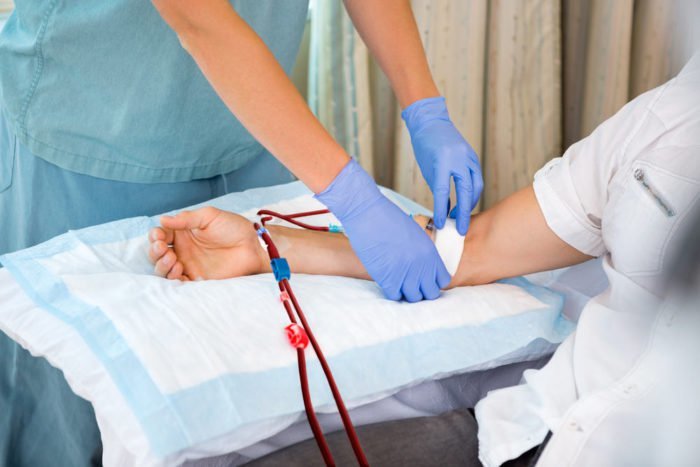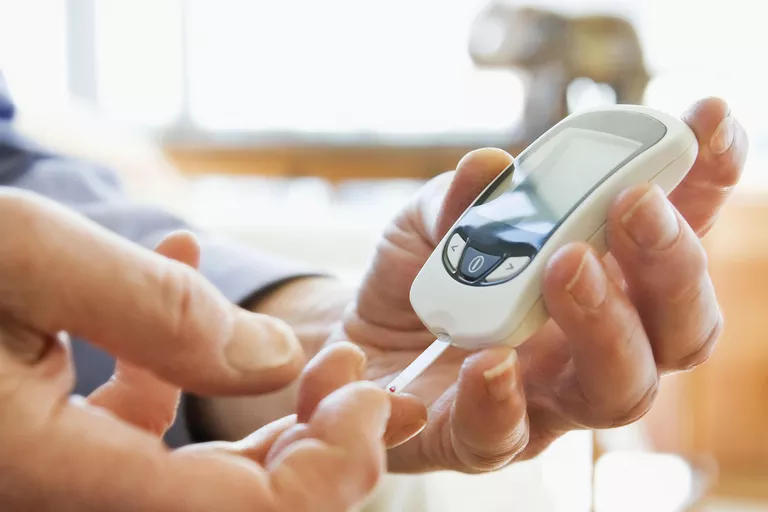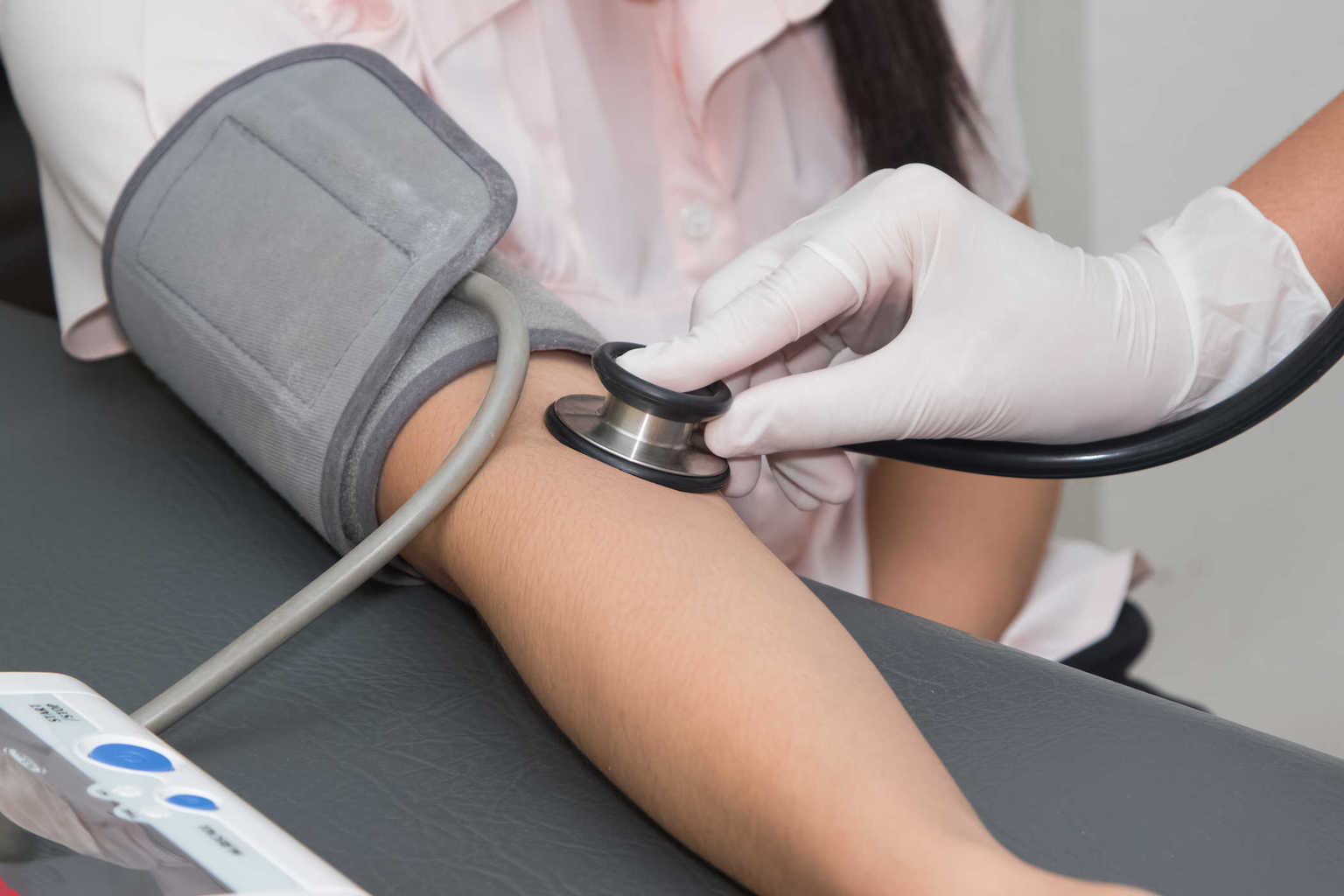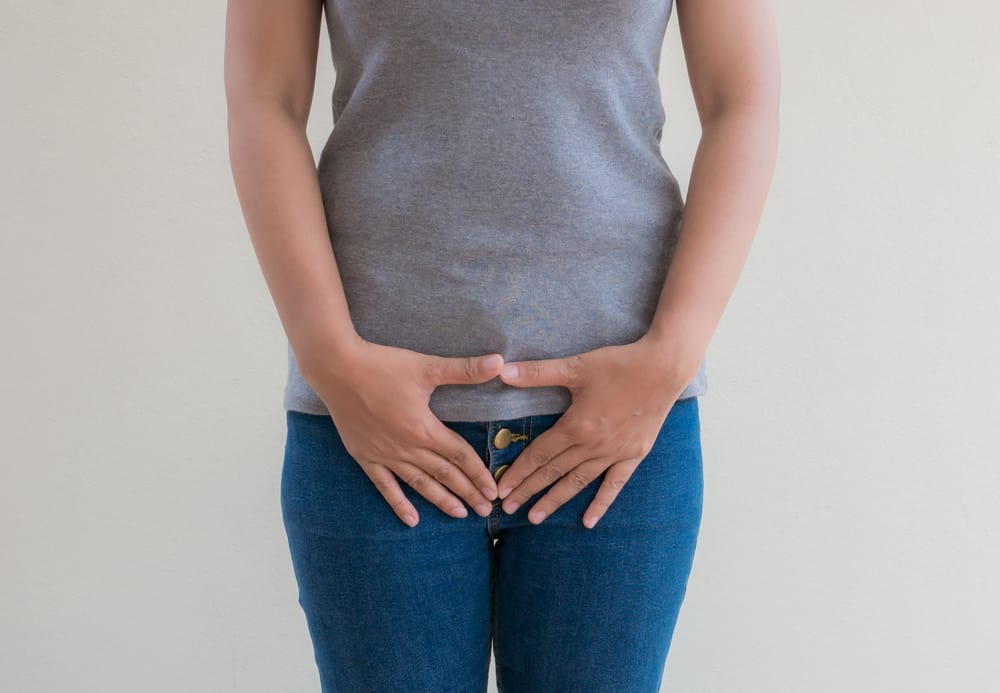Contents:
Medical Video: I Drank Only Water for 20 Days, See What Happened to My Body
Legal fasting is obligatory for those who are physically and spiritually healthy. But some people are allowed not to fast during the month of Ramadan, if they see the health conditions they have. Certain diseases or conditions are categorized as high risk if you have to undergo a full day of fasting. Because, fasting is expected to worsen the condition or will prolong the healing of the disease.
Who is recommended not to fast first?
1. Patients are hospitalized
Patients who are hospitalized for a long time because of certain chronic conditions or are undergoing major post-operative recovery, are allowed not to fast during Ramadan. Usually, these patients will be required to take oral or liquid medicines through intravenous fluids. If such treatment needs to be given during fasting hours without being missed, you should not fast.
2. Dialysis patients or donor recipients
Patients with certain conditions that require blood transfusions or organ donors are not advised to fast. Similarly, patients who need regular dialysis due to a disease or kidney damage.
A 2014 Clinical Kidney Journal published study found that chronic kidney disease patients who fasted were at high risk for dehydration and hyperviscosity which caused damage to kidney function and vascular thrombosis.
In addition, the research team also found that kidney failure patients who have a history of heart disease often experience major adverse cardiovascular events (MACE) while fasting. But this can be predicted by checking whether there is an increase in creatinine in the blood.
2. Acute infection
Someone who is experiencing an acute infection - such as severe strep throat, high fever, acute diarrhea, nausea and vomiting, to the acute phase of HIV / AIDS - is allowed not to fast.
3. Acute digestive disorders
One of the diseases that become a subscription during fasting is an increase in stomach acid, aka heartburn. Although fasting usually reduces the amount of acid produced, but the shadow or smell of food sometimes makes the brain instruct the stomach to produce more acid. So if there is an increase in stomach acid, stomach upset and nausea can be a problem during fasting.
If your digestive problems are severe (such as vomiting and cold sweating) so you need regular treatment, it's okay not to fast. Prolonged fasting is feared to trigger or aggravate your complaints.
One study from Fez. Sidi Mohammed Ben Abdellah University Morocco concluded that female patients with acute gastric ulcer cases had a higher risk of bleeding and perforation during the month of Ramadan compared with male patients.
4. Uncontrolled migraine or vertigo
Headaches during fasting are often a result of dehydration and hunger, insufficient sleep, to move too long in the hot sun without adequate protection. But this can be controlled by adjusting the right lifestyle - for example by increasing drinking at dawn and breaking fast, and try to get enough rest.
People with migraines or uncontrolled vertigo do not have to fast. Sometimes, this condition can get worse in some people if they don't eat or take medication on time.
5. Acute respiratory disorders
Patients with acute respiratory disorders such as acute asthma or chronic obstructive pulmonary disease (COPD) who need regular and timely treatment may not fast.
Some leading health experts argue that people with mild asthma may still fast and use their inhalers whenever needed during fasting. They say asthma inhalers are not classified as food or drink, and are therefore allowed during fasting. The inhaler helps to breathe, thus helping users to be able to fast fast.
You are allowed to change your asthma inhaler with other types so that fasting may be possible without having to use an inhaler. Contact your doctor for further advice.
6. Heart failure
The majority of patients with stable heart disease can fast during the month of Ramadan without any alarming adverse effects. But this is not the case for unstable or worsening heart failure patients, or who are at high risk for heart failure.
In patients who are prone to heart failure, the combination of a working heart that is not functioning well plus the condition of the body that is prone to dehydration during fasting can make his condition worse Similarly, unstable angina patients, acute heart attacks, or arrhythmias.
7. Chronic liver disease
Fasting can lead to weight loss. Although sometimes this is a beneficial thing, but not for some chronic liver disease patients who have certain problems with their liver function.
For example, if the condition of the liver tissue is already not functioning properly. This condition causes a buildup of fluid in the stomach and legs to cause swelling. So patients with liver disease with this condition are not recommended for fasting.
8. Cancer
Cancer patients who are on treatment or not treated may not fast. Sometimes, both the condition of the cancer itself and the long-term treatment of the patient - such as chemotherapy, radiotherapy and other supporting medicines - can make the body weaken.
Many doctors are especially concerned about the possibility of fasting in cancer patients who are at risk of developing tumor lysis syndrome, using nephrotoxic drugs or other drugs that can cause vomiting, diarrhea or kidney failure.
9. Diabetes
Those of you who have uncontrolled type 1 diabetes and pregnant women with gestational diabetes are not advised to fast. In type 1 diabetes, the pancreas is unable to produce insulin. The absence of insulin in the body can then trigger various health risks if you fast.
Uncontrolled diabetes risks triggering a sudden increase in blood sugar (hyperglycemia). Although Ramadan is known as a moment to control your diet - it is not uncommon for people to get fat during this month because of overeating when breaking fast. This is what can increase your blood sugar levels in a short time. In addition, there is a risk of degenerating blood glucose levels too low in people with type 1 diabetes who use insulin or certain diabetes pills.
Digestive problems while fasting also tend to be more common and severe in diabetics compared to nondiabetic people. Gastric acid reflux is found in diabetics.
10. Elderly people who suffer from Alzheimer's
Alzheimer's is characterized by brain disruption to thinking and remembering, feeling confused constantly, difficulty communicating both oral and written, easily negligent and careless, and experiencing personality changes. Alzheimer's patients can also experience symptoms of dementia over time.
If the condition of Alzheimer's sufferers worsens and he becomes unable to fast even though his mental abilities and realization are still intact, he is allowed not to fast.
For those of you who have any health problems, you should first check your health with a doctor to check whether your physical condition allows for fasting. This is to help you undergo a healthy fast without triggering further health problems.























